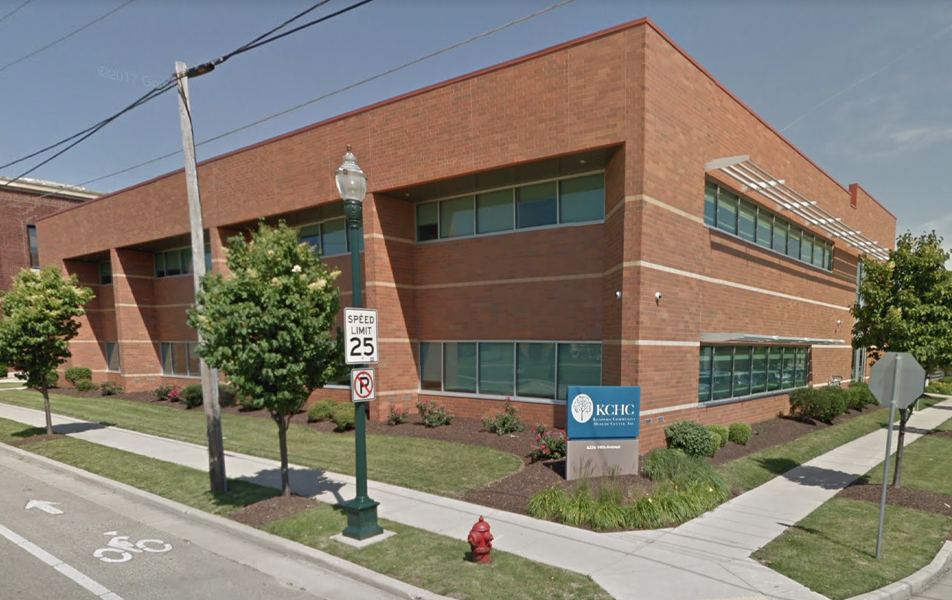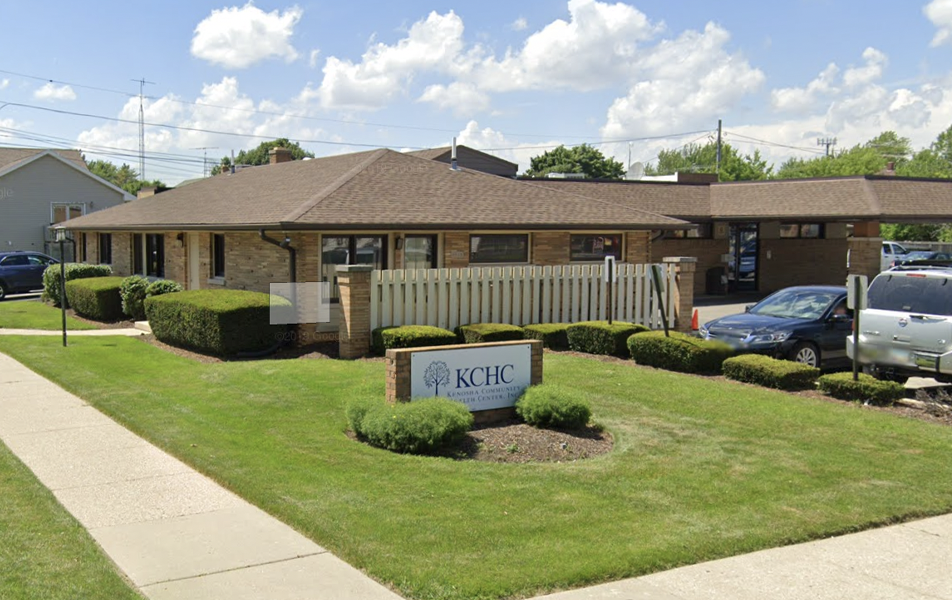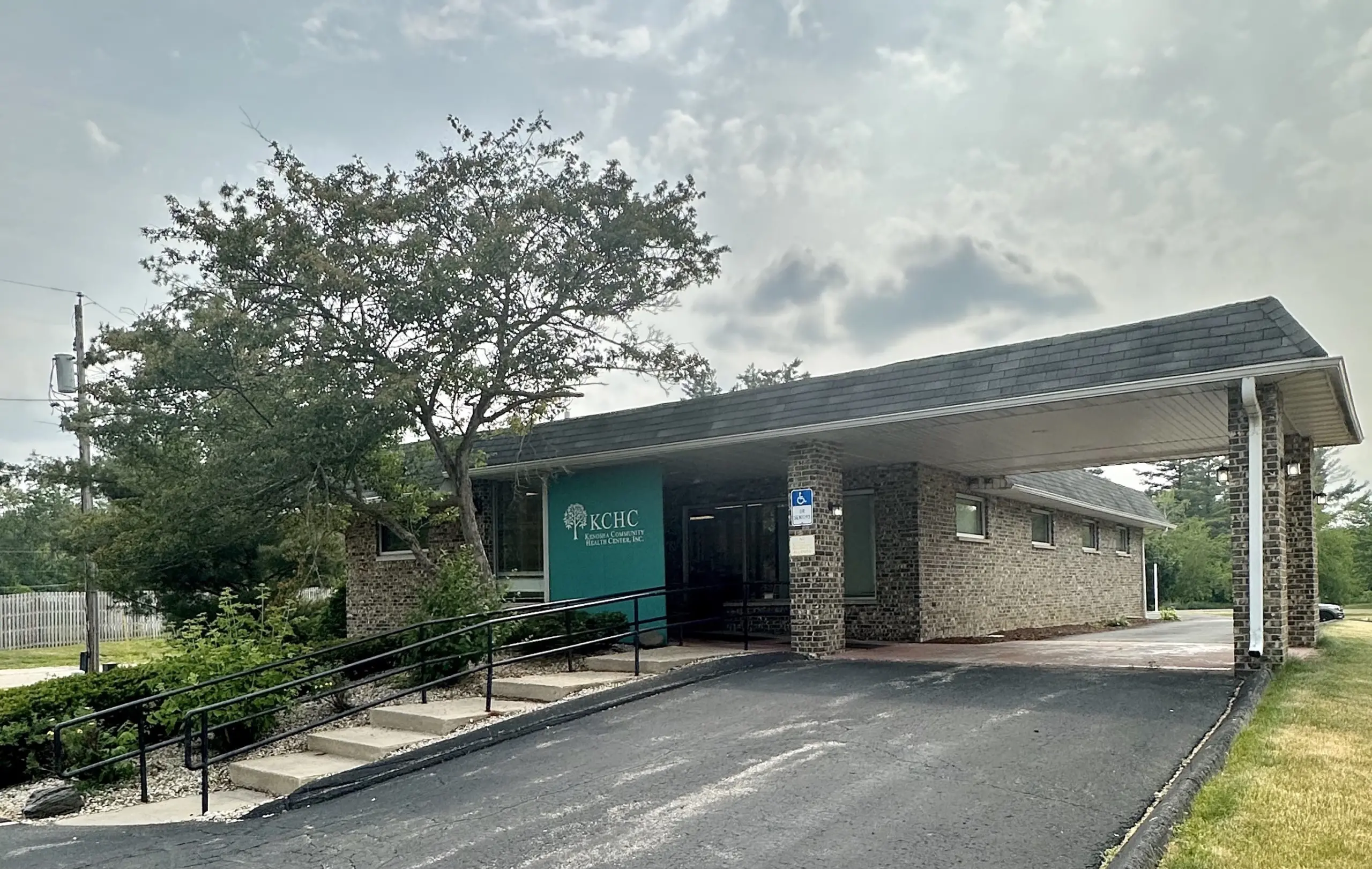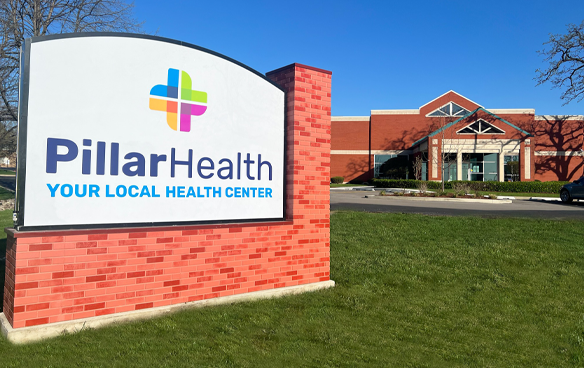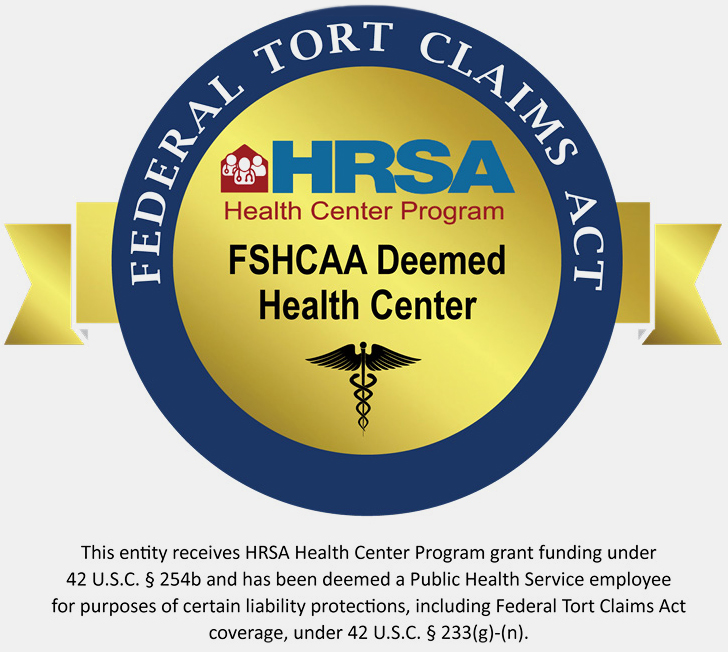
SYMPTOMS
Unlike other cancers, symptoms of colorectal cancer (listed below) can go unnoticed for months or years. That’s why getting screened is so important.
Symptoms that can occur include:
- A change in bowel habits that lasts for more than a few days
- A feeling that you need to have a bowel movement that’s not relieved by having one
- Rectal bleeding with bright red blood
- Blood in the stool
- Cramping or abdominal pain
- Weakness and fatigue
- Unintended weight loss
SCREENING
Screening is the process of looking for cancer in individuals who have no symptoms. Several colorectal tests can be used but in general, tests can be divided into two main groups:
- Stool-based tests: These tests check the stool (feces) for signs of cancer. These tests are less invasive and easier to have done, but they need to be done more often. KCHC provides stool-based tests.
- Visual/structural exams: These tests, which require pre-planning and are performed by a medical specialist, look at the structure of the colon and rectum for any abnormal areas. This is done either manually with a scope (a thin, tube-like instrument with a small light and video camera on the end) or with special x-ray tests.
Getting screened, beginning at age 50, helps detect polyps earlier, which leads to more effective treatment options.
FAMILY HISTORY
Healthy habits help reduce your risk of developing colorectal cancer.
- Eat a balanced diet and maintain a healthy weight, especially around your midsection.
- Develop a consistent, vigorous exercise routine-walk, run, bike, swim-you name it! Physical activity has so many health benefits.
- Eat plenty of fruits and vegetables every day, and limit your red meat and processed foods intake.
- Limit your alcoholic beverages.
DID YOU KNOW?
People at average risk of colorectal cancer should start regular screening at age 50.
50,000 deaths are expected to be caused by colorectal cancer in the U.S. this year.
Death rates from colorectal cancer are higher among African-Americans.
Do not wait to schedule your appointment.
Kenosha Community Health Center has many appointment options in Kenosha and Silver Lake to meet your needs.
Schedule An Appointment

